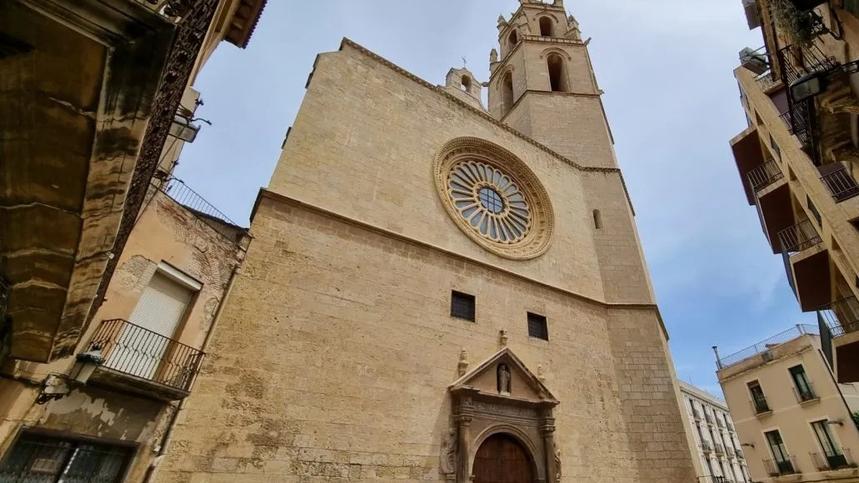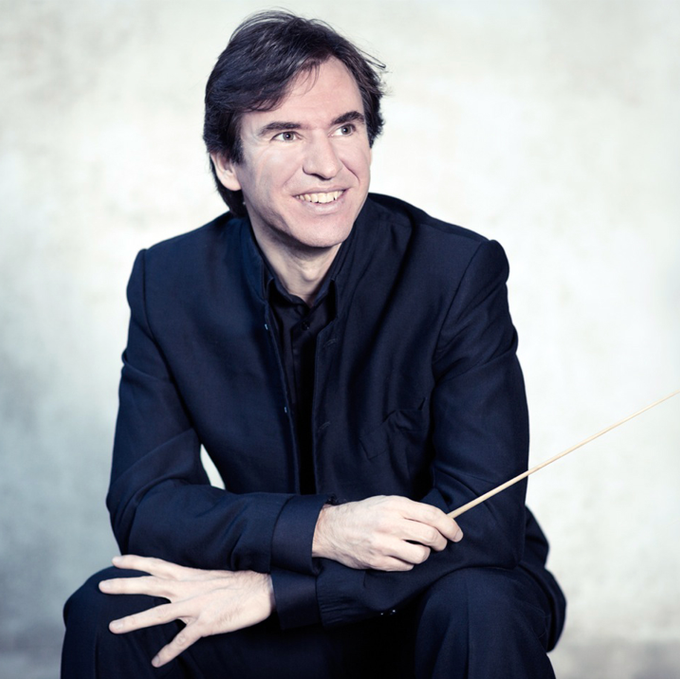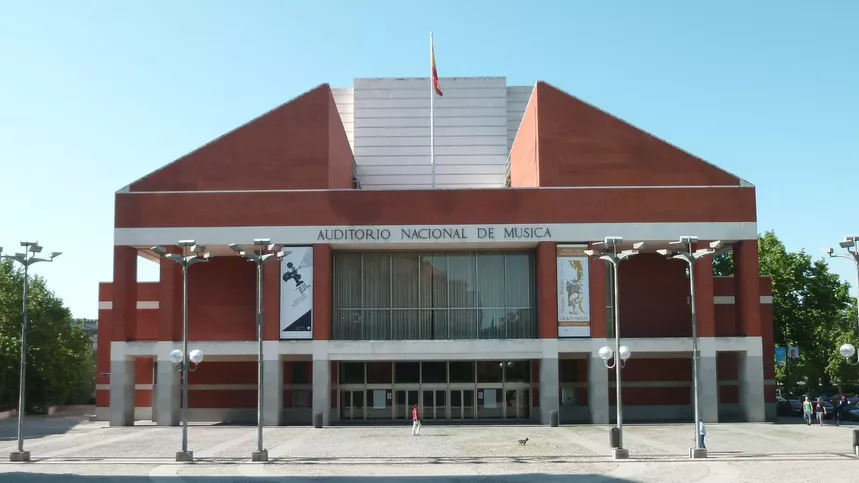Although I’ve been part of the Palau as director of the Chamber Choir for seven years, this season marks my debut in these pages as the director of the Orfeó Català.
First of all, I want to thank the management, the board, and everyone who proposed me for their trust. I also want to publicly recognize the enormous work of my predecessor, Pablo Larraz. Of the many positive aspects of his legacy, I’d like to highlight his dedication to building a true choral family: a thread connecting the youngest to the oldest, united by choral singing. It is a legacy I embrace and will strive to continue. Likewise, I want to say that I feel like an heir to the great tradition of Orfeó Català conductors – teachers and friends such as Salvador Mas, Jordi Casas Bayer, Josep Vila i Casañas, Simon Halsey – and to key figures in Catalan choral music such as Manuel Cabero, Oriol Martorell, and Pep Prats, to whom we owe so much. I hope to be a worthy successor and am ready to dedicate the best years of my life to this endeavor.
This season, as mentioned, encompasses both the great choral and choral-orchestral repertoire – as embodied by the Beethoven bust or the Valkyries on the right of the Palau stage – and also the discovery of rarely performed works that engage choirs and audiences alike. A standout example is the collaboration between the Orfeó and the Chamber Choir with the Los Angeles Philharmonic and Gustavo Dudamel to tackle the monumental Missa solemnis by Beethoven, which the Orfeó hasn’t performed since 1963! This season also contains the seed of what should define our choral identity, and that is none other than Catalan music – the left side of the stage, presided over by Clavé. This will be our choral heritage, which we must nurture and revive, adapting it, if necessary, to our current context. Led by the figures of Antoni Nicolau, Amadeu Vives, Francesc Pujol, and Lluís M. Millet, this repertoire still surprises us with undiscovered works, which we aim to record and share with the world.
But most importantly, the choirs of the Orfeó Català aim to be promoters, performers, advocates, and ambassadors of the current generation of Contemporary Catalan Choral Composers, whom we’ve dubbed the “Generation C.” I have no doubt that we are living through an exceptional moment in this regard – we’ve never had such a wealth, variety, and quality of composers specializing in choral writing as we do now. With them, we must build a Palau for new Catalan choral music – one that will guide our future as a choral family: our distinct sound, our language, and our identity. Because although publicity often revolves around the big-name performers, the true transformative force behind instruments, ensembles, and music history has always been the composers, when they find fertile ground for their creativity.
This is our main mission. This is the long-term work that has already begun and which we aim to plan and foster. It is, without a doubt, what will remain from our current efforts in history and what we will be remembered for.











